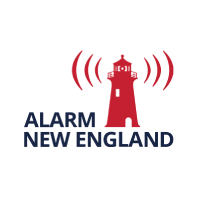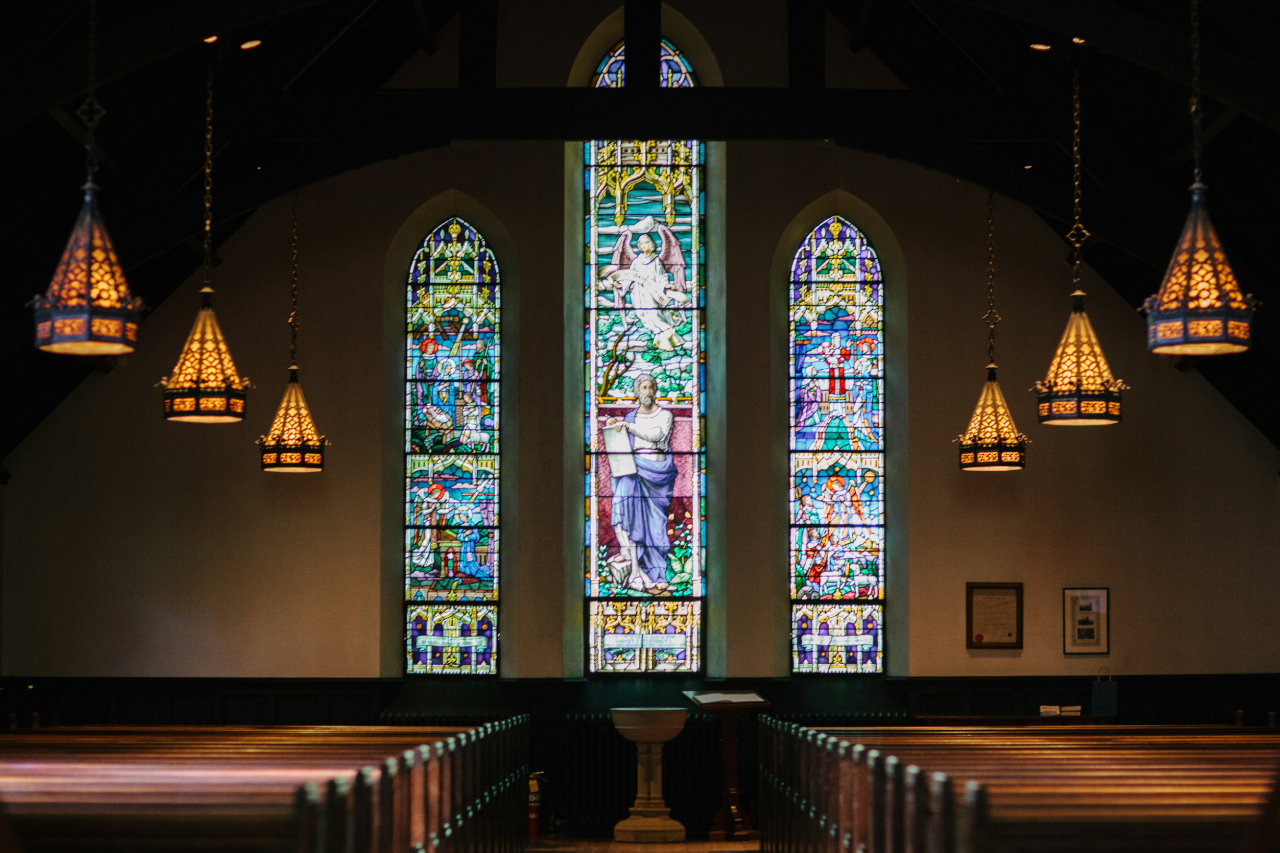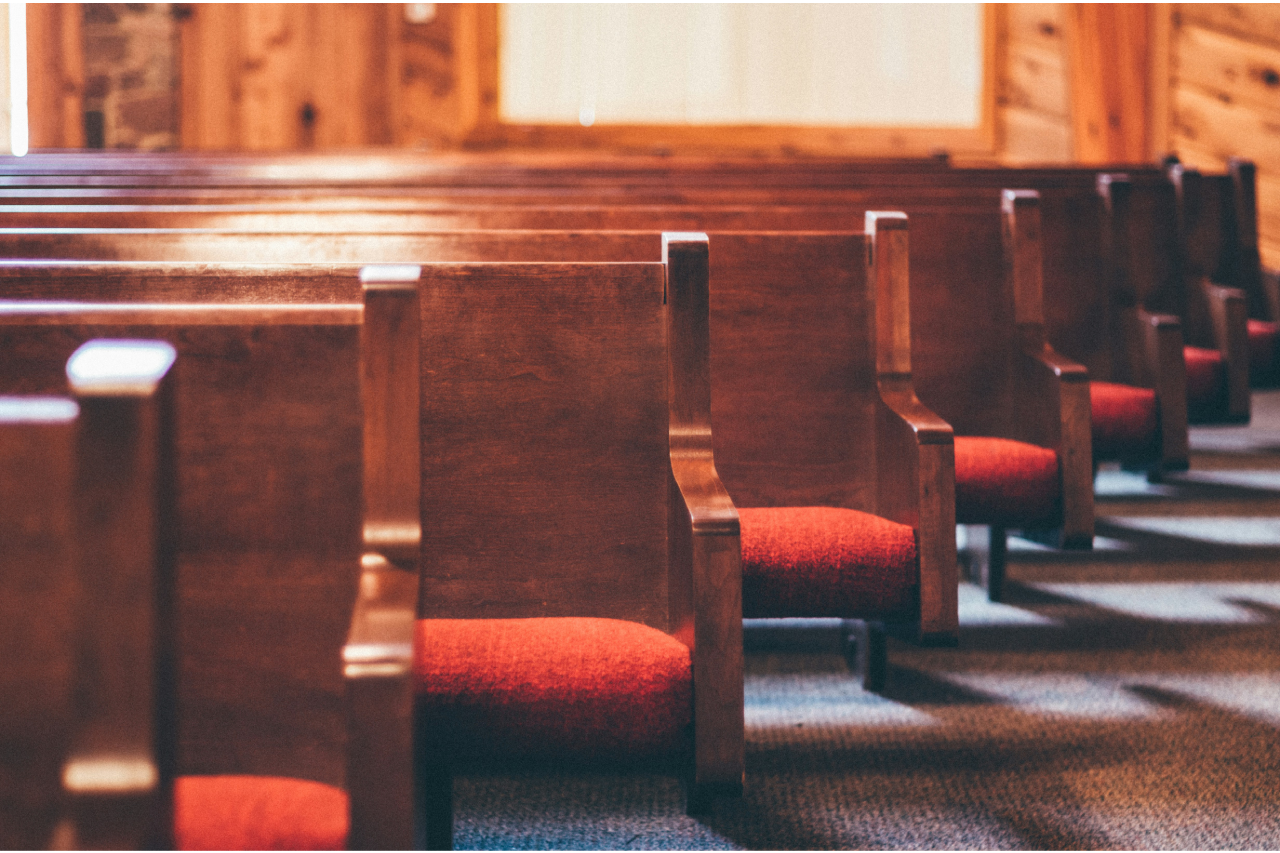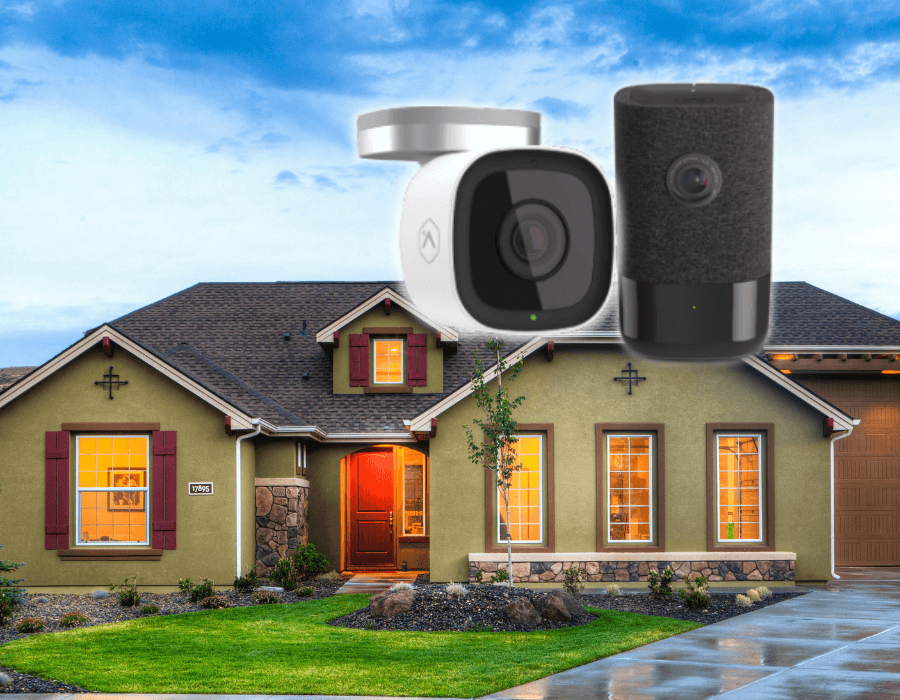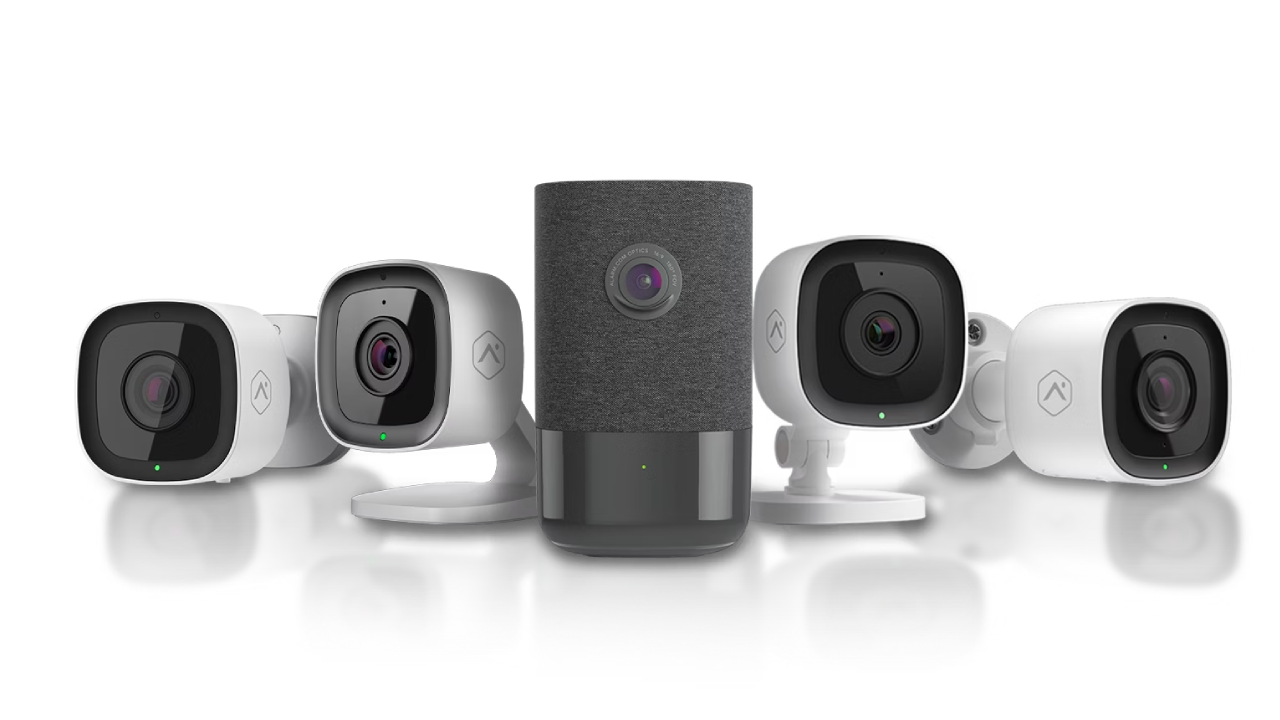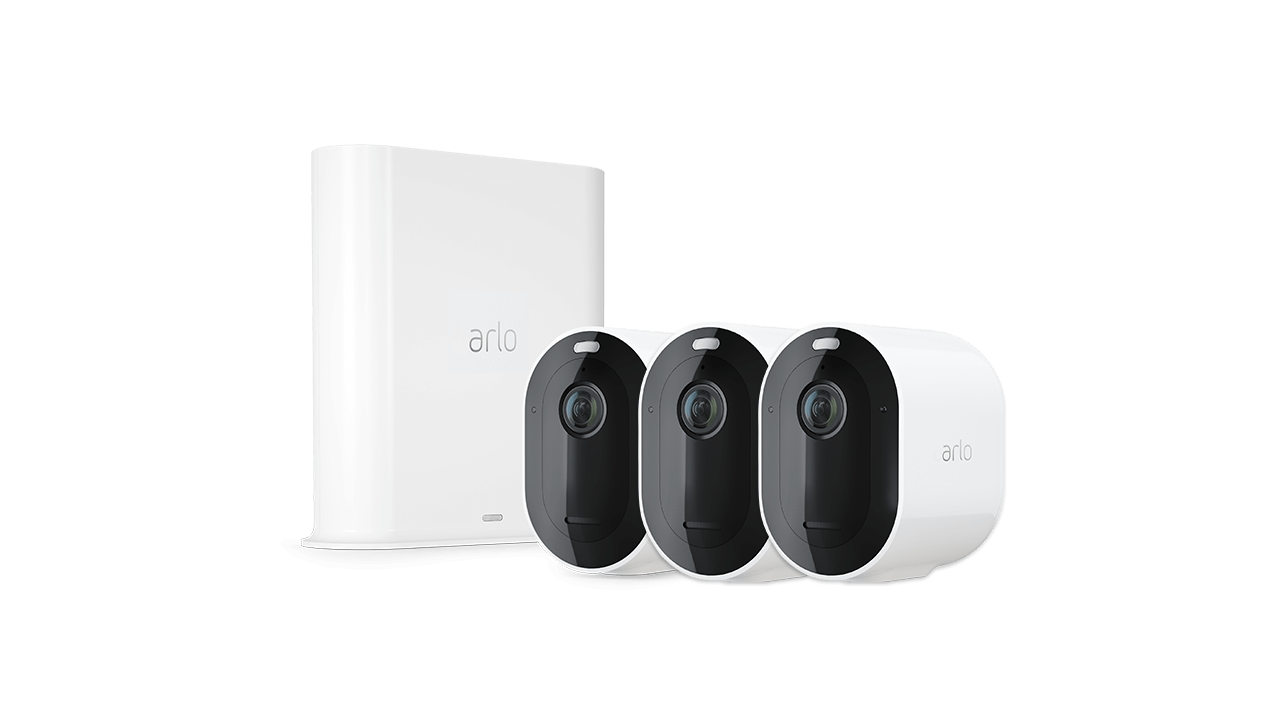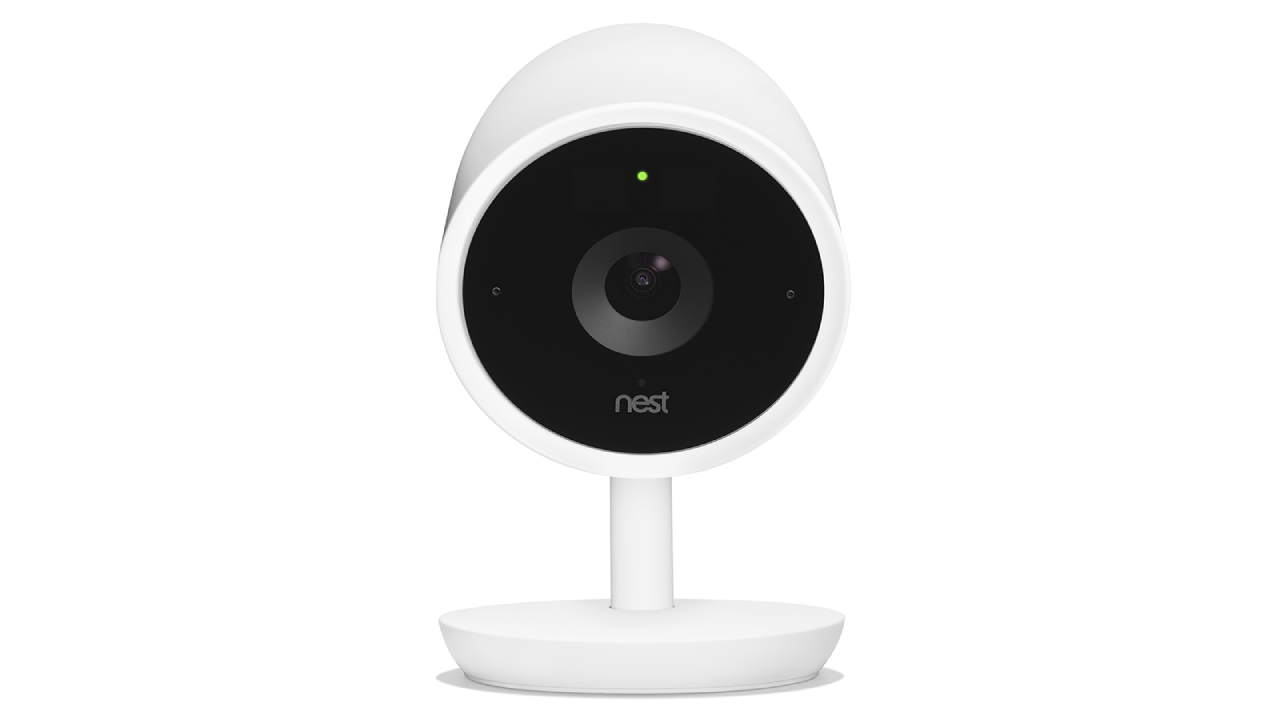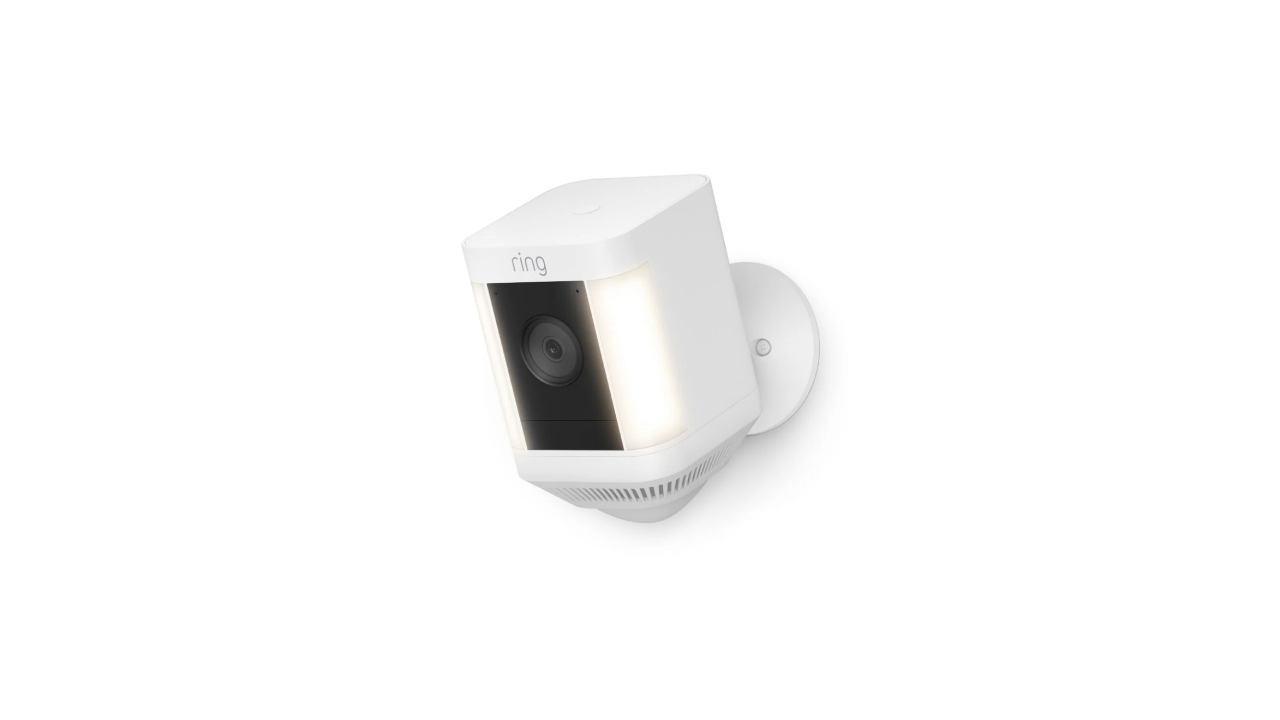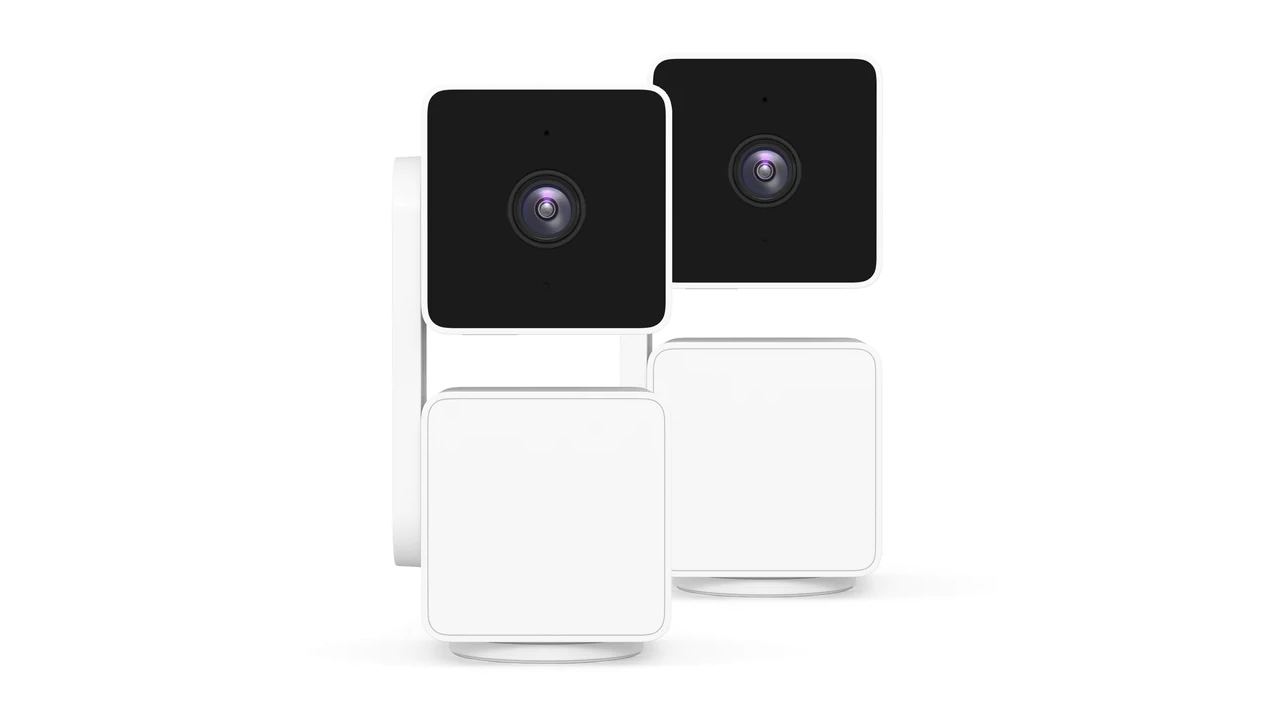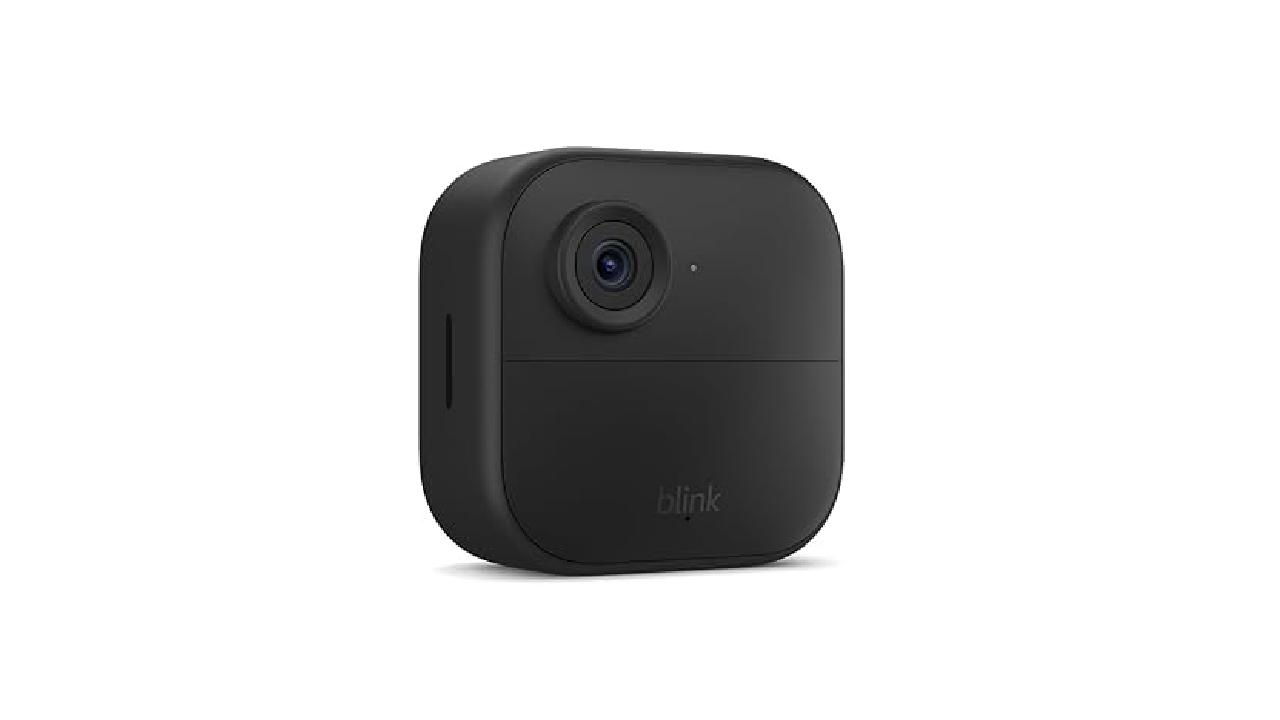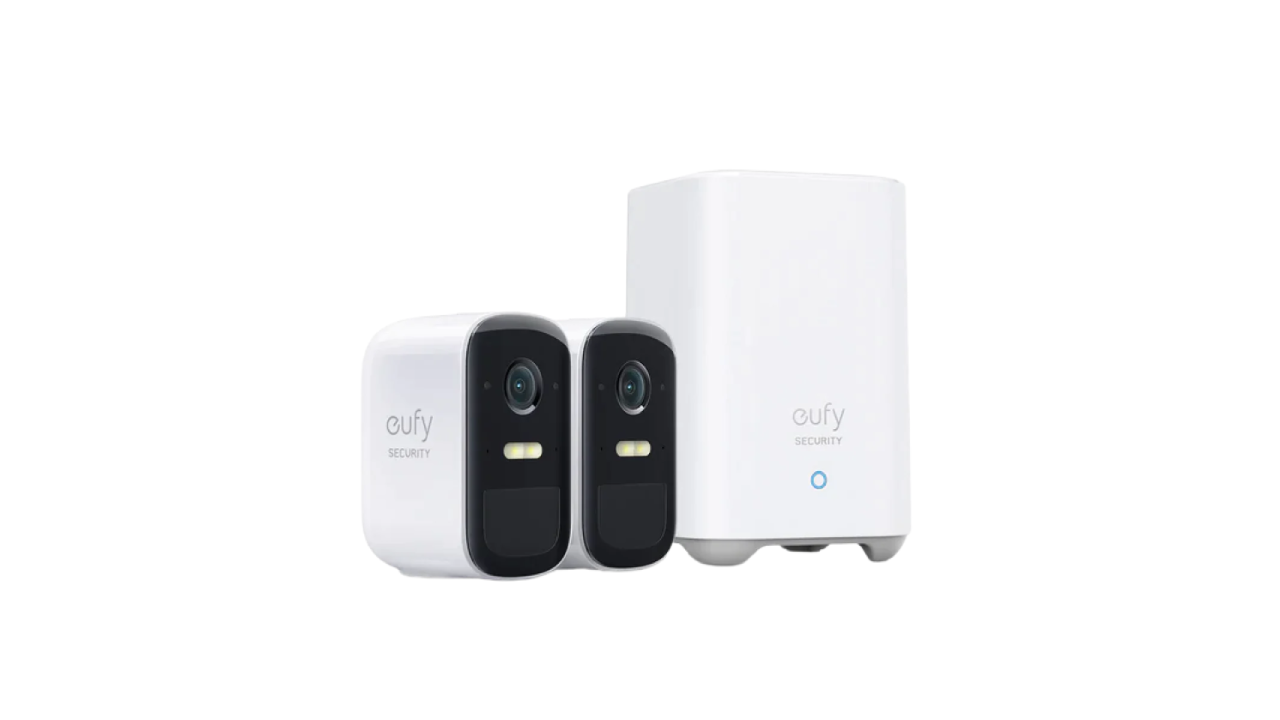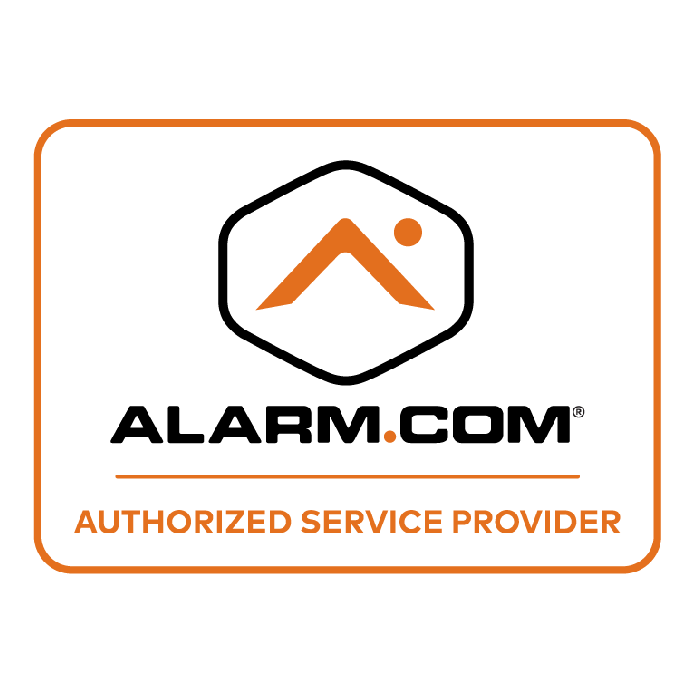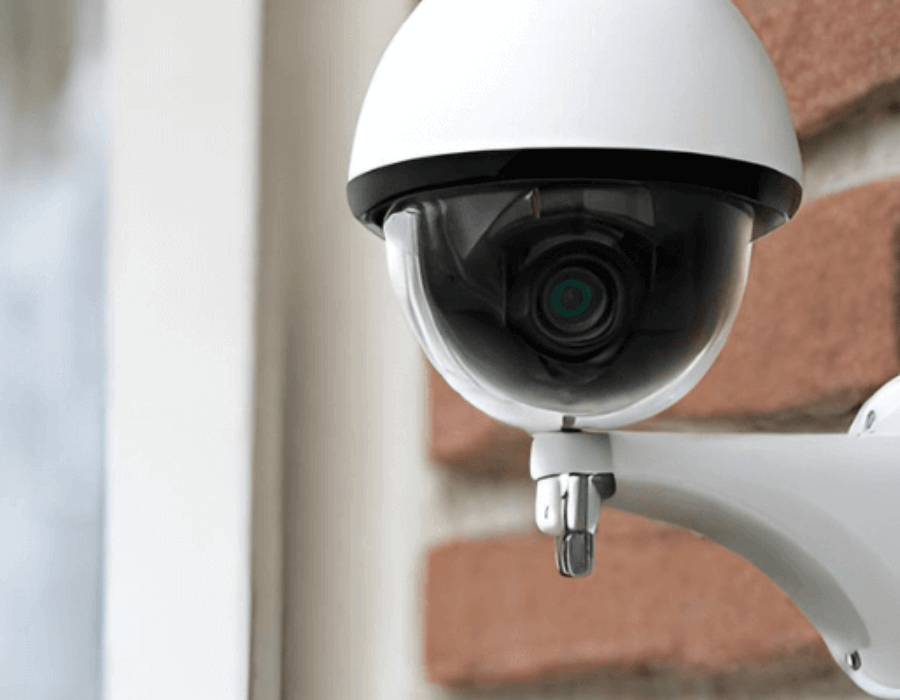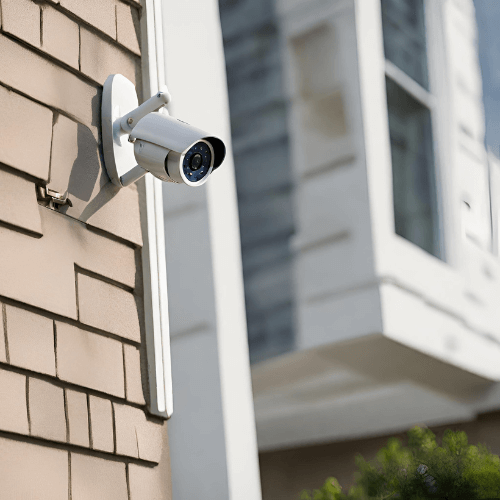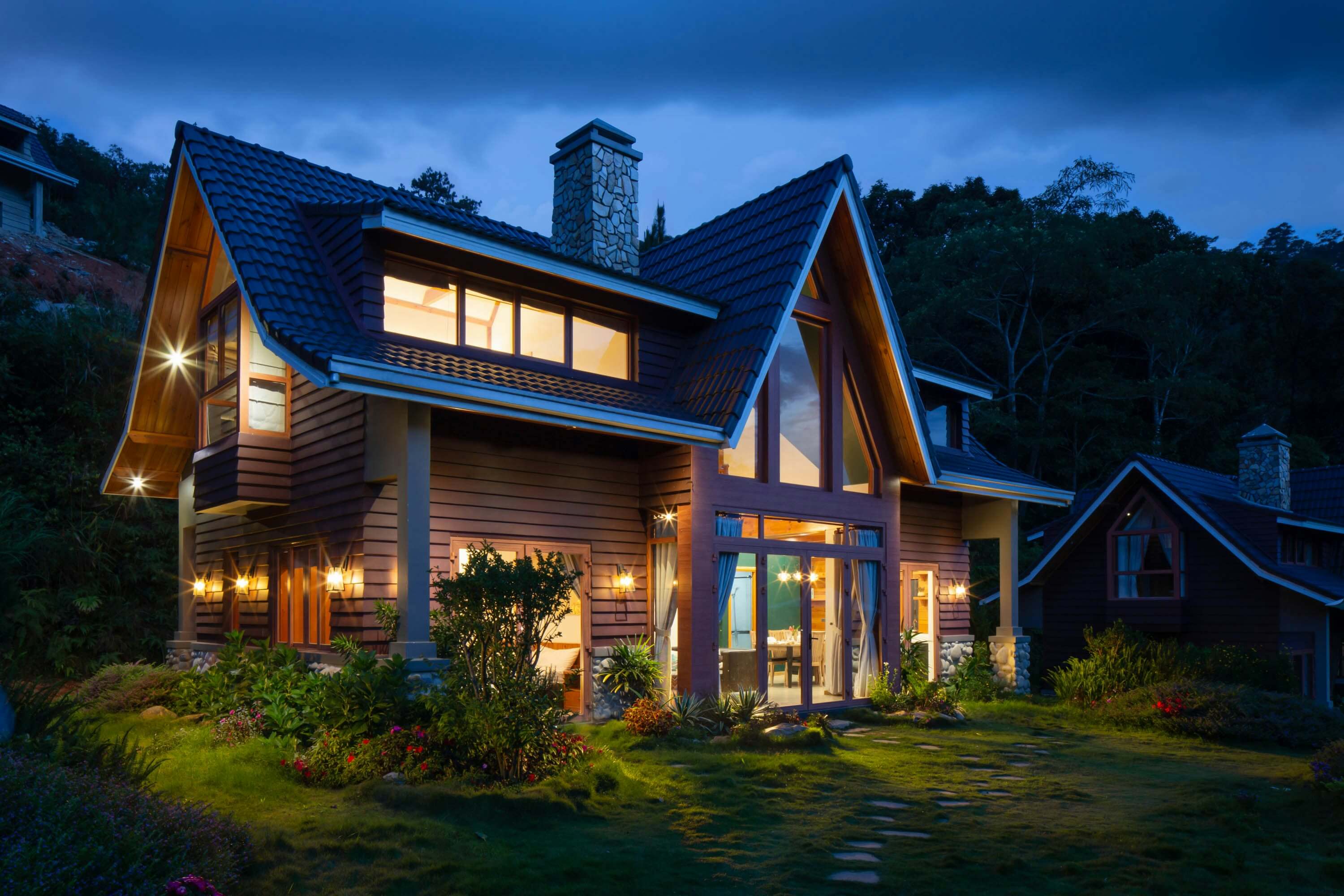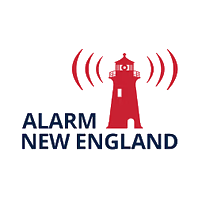As places of worship, churches are meant to be safe places where people can gather in peace. However, in today’s world, it’s crucial to prioritize the safety and security of parishioners, staff, and church property. At Religious organizations have unique security needs, and we’re here to help you choose the right security equipment to protect your church.
Essential Security Equipment for Churches
What security equipment do I need for a church?
Churches generally require a working burglar alarm system, fire alarms, a video surveillance system, and often, remote access control. Each of these pieces contributes to the overall safety and security of the church, and you can learn a bit more detail about each in the sections below.
Church Alarm Systems & Fire Alarms
Burglar alarms and fire alarms are essential components of a comprehensive church security system. Burglar alarms can detect unauthorized entry and immediately alert the appropriate authorities, while fire alarms can provide early warning in case of smoke or fire, allowing for swift evacuation and emergency response.
Church Video Cameras and Surveillance Systems
Installing security cameras and video surveillance equipment is vital to protect against criminal activity. These church camera systems can be strategically placed both indoors and outdoors to cover entry points, common areas, and other critical locations within the church.
Remote Access Capabilities
It’s key to keep church property locked and secure, only allowing access to those who need it. Access control systems, such as electronic locks, and key card or password access can help regulate entry and make sure that authorized individuals have access to the building.

Factors to Consider When Choosing Church Security Equipment
When selecting security equipment for your church, it’s essential to consider factors like:
- Size of the church and church-owned facilities
- The number of entry/exit points
- Estimated foot traffic and attendance during services and events
- What existing security measures you already have in place
- Budget constraints and long-term maintenance costs
What about Working with a Professional Security Provider?
While it’s possible to purchase security equipment off-the-shelf, working with a professional security provider like Alarm New England will ensure that you install a customized solution that suits your church’s specific security requirements. A team of security experts can conduct comprehensive risk assessments, design tailored security systems, and provide installation, maintenance, and ongoing monitoring services.
At Alarm New England, we understand that there is no one universal church security system. Each building is different, and our goal is to create a solution that provides comprehensive protection without any unnecessary features. We also understand that a security system needs to remain unintrusive, in order to respect the sanctity of your sacred space.
What Is The Best Security Equipment for Churches?
It sounds cliche, but the best security equipment is the one that works. Securing a church is a multi-faceted job that combines physical security equipment and professional expertise. You can research to find the best hardware suited to protect a church, but without the expert knowledge of a security professional, you might be leaving certain areas underserved. The best church security systems combine intrusion detection, fire alarm systems, access control, video cameras and more to create a fully comprehensive solution.
Over the past 50 years, Alarm New England has protected hundreds of religious institutions in MA, CT, and RI.
Don’t wait until it’s too late. Contact Alarm New England today to schedule a consultation and take the first step towards enhancing the security of your church. Protect your place of worship and create a safe haven for your community.
